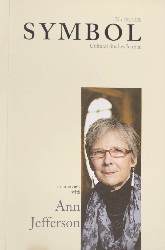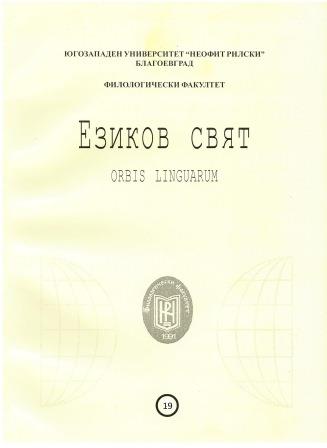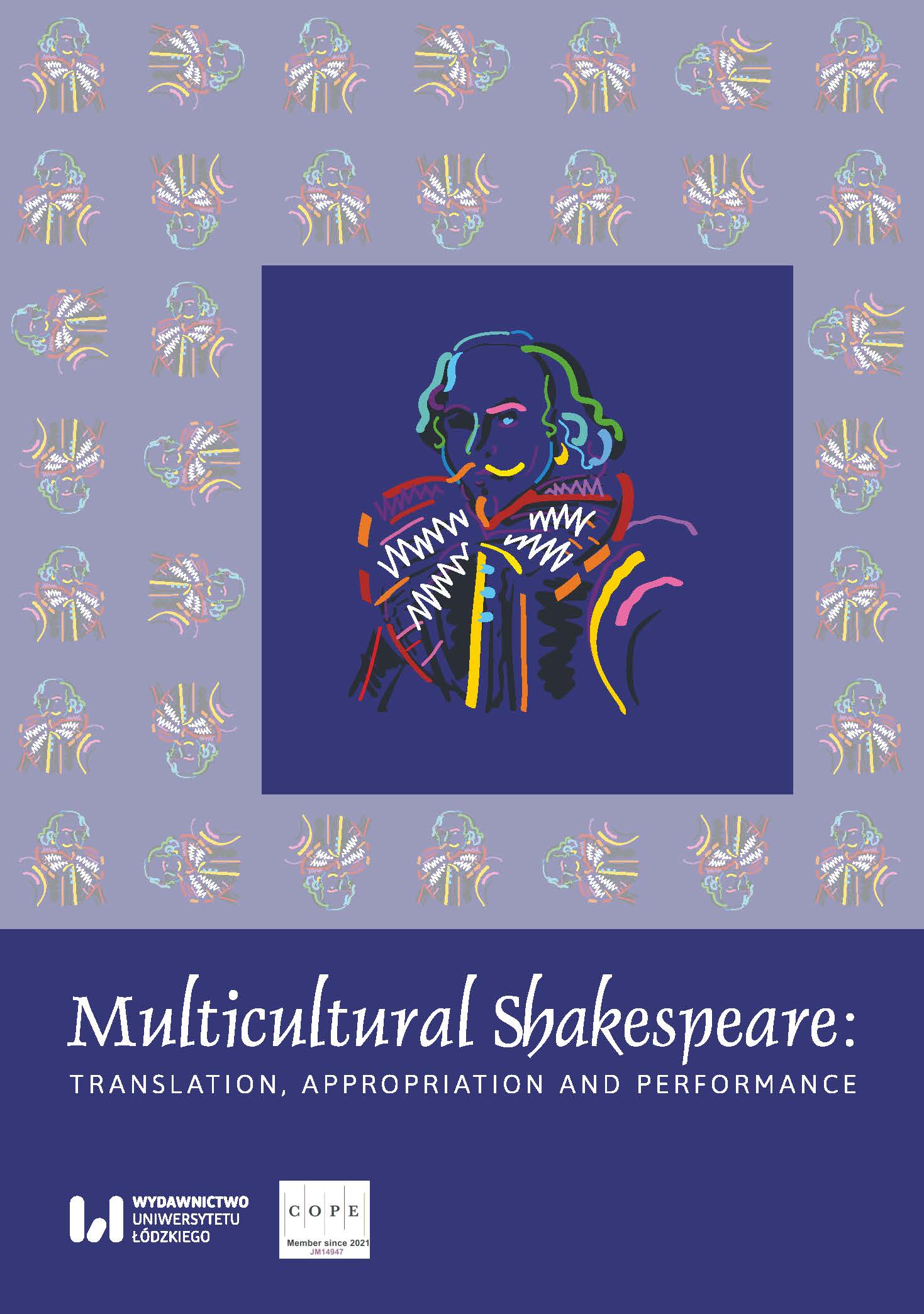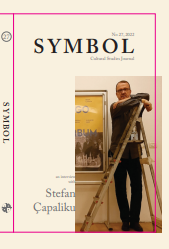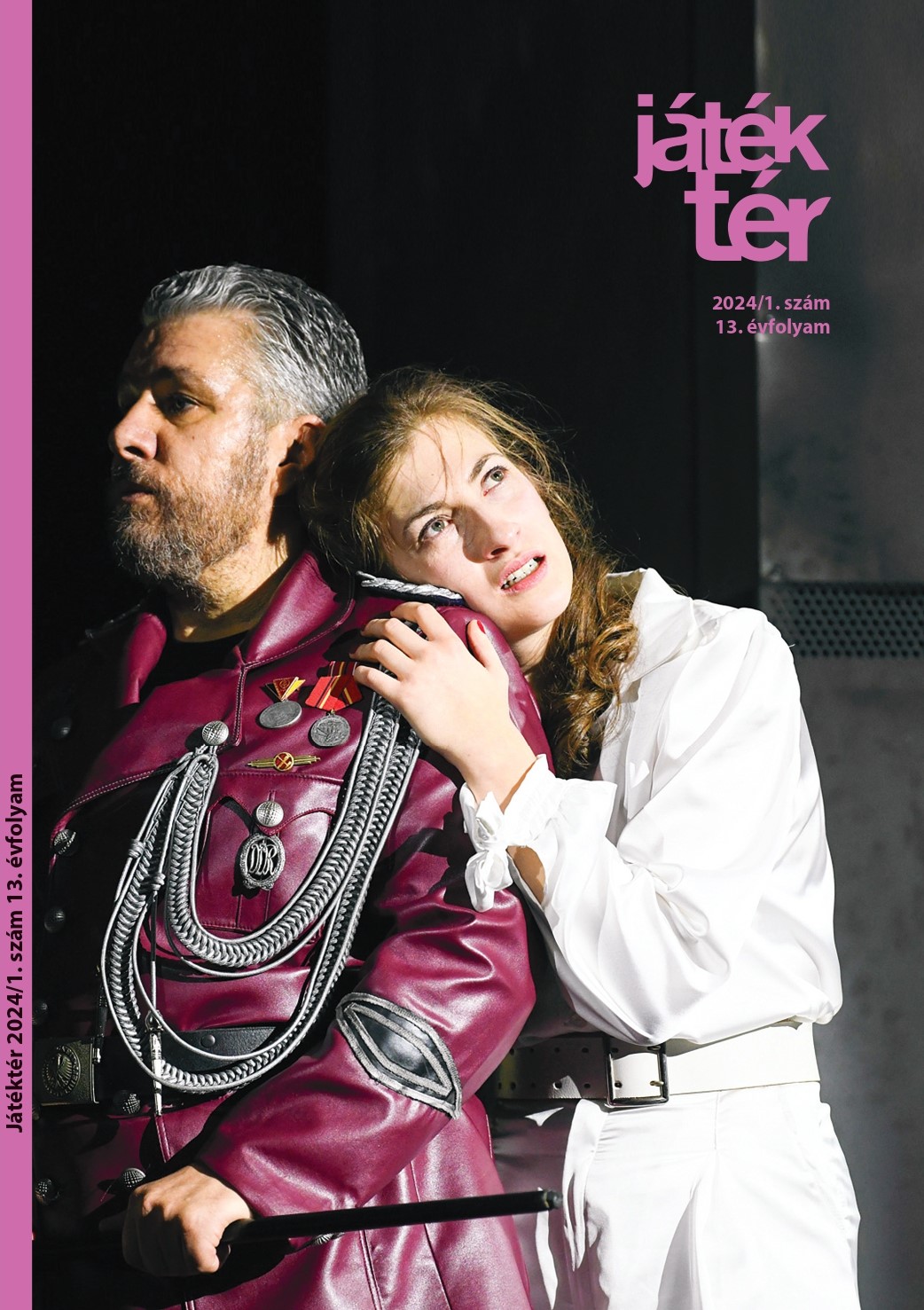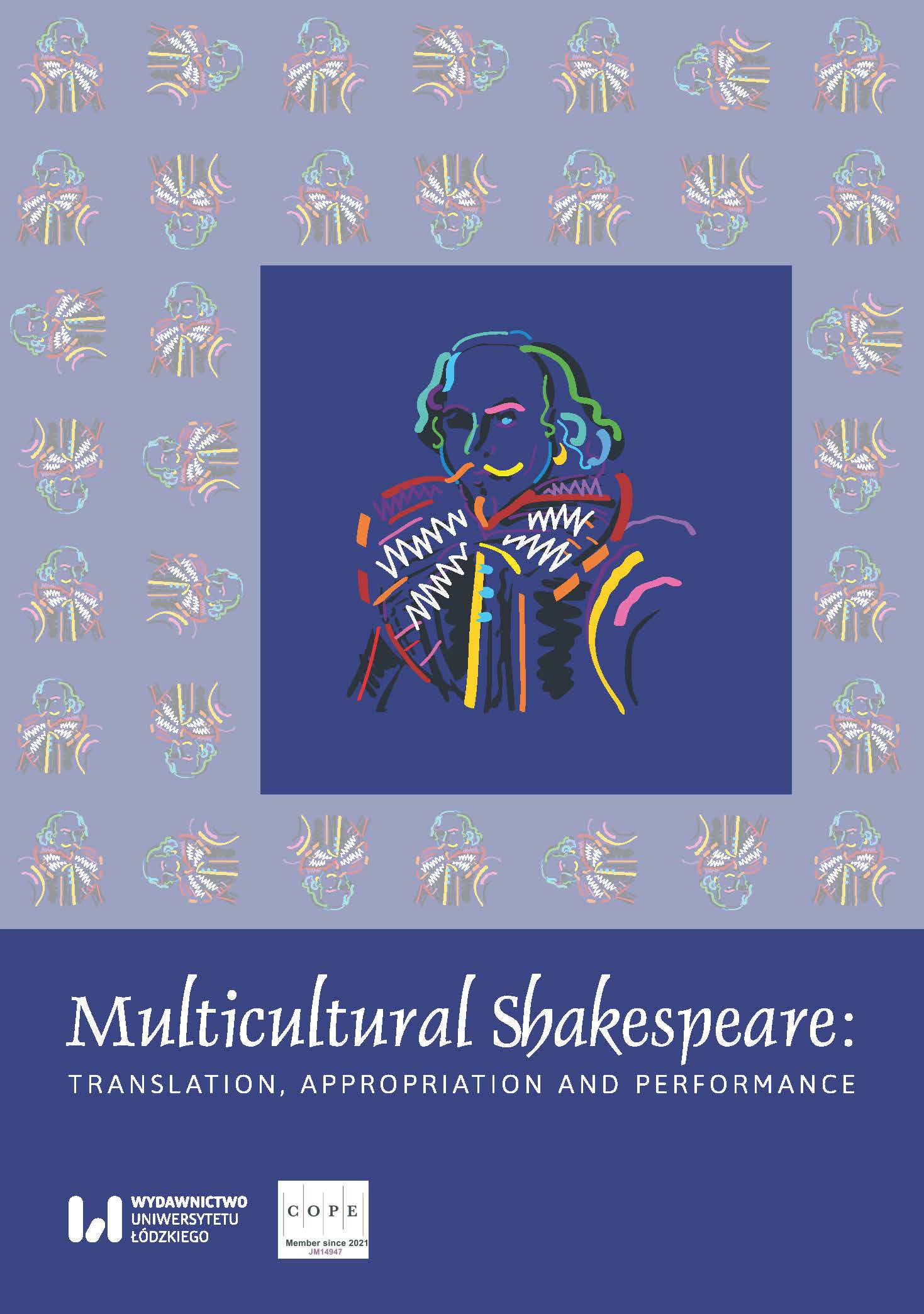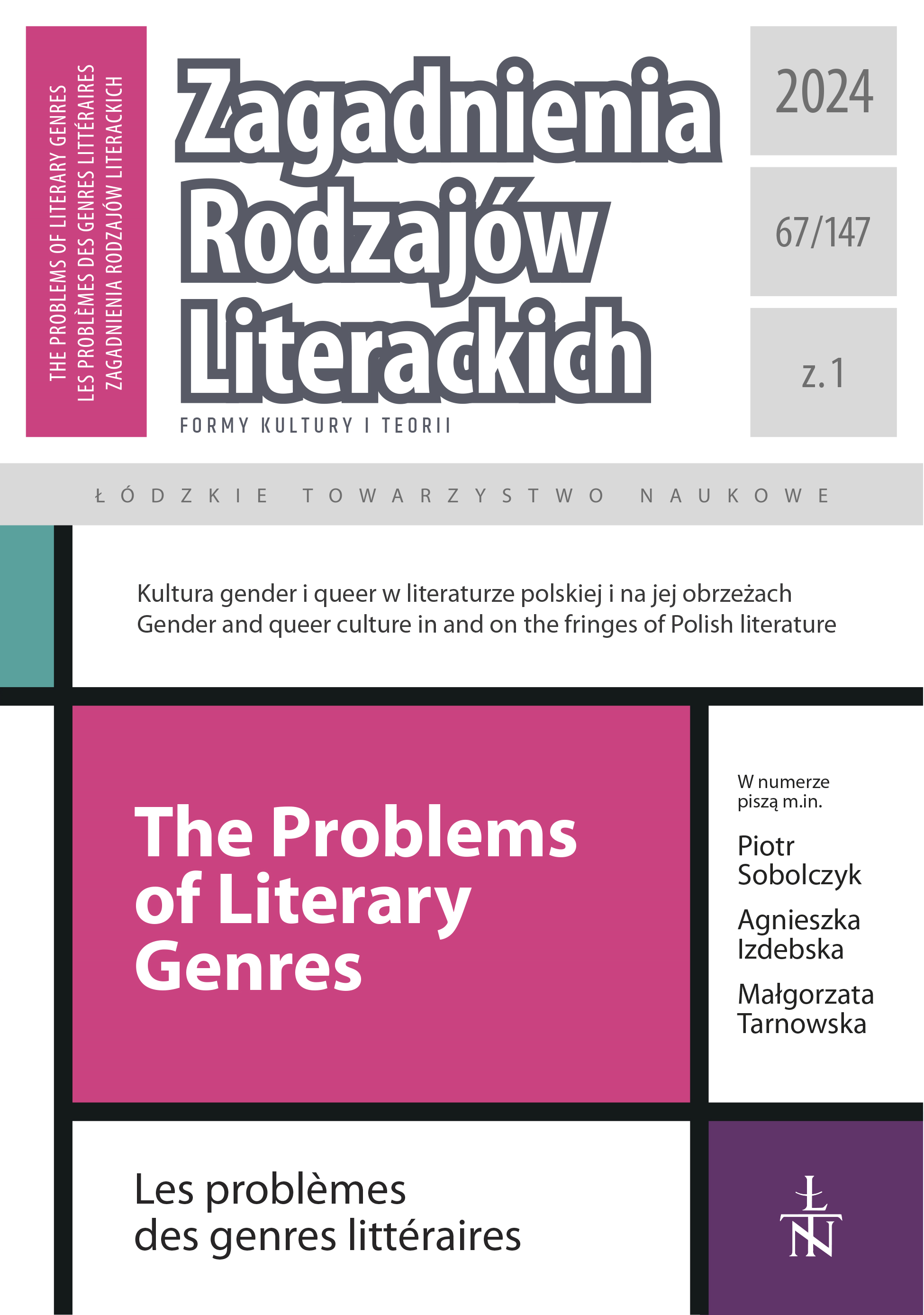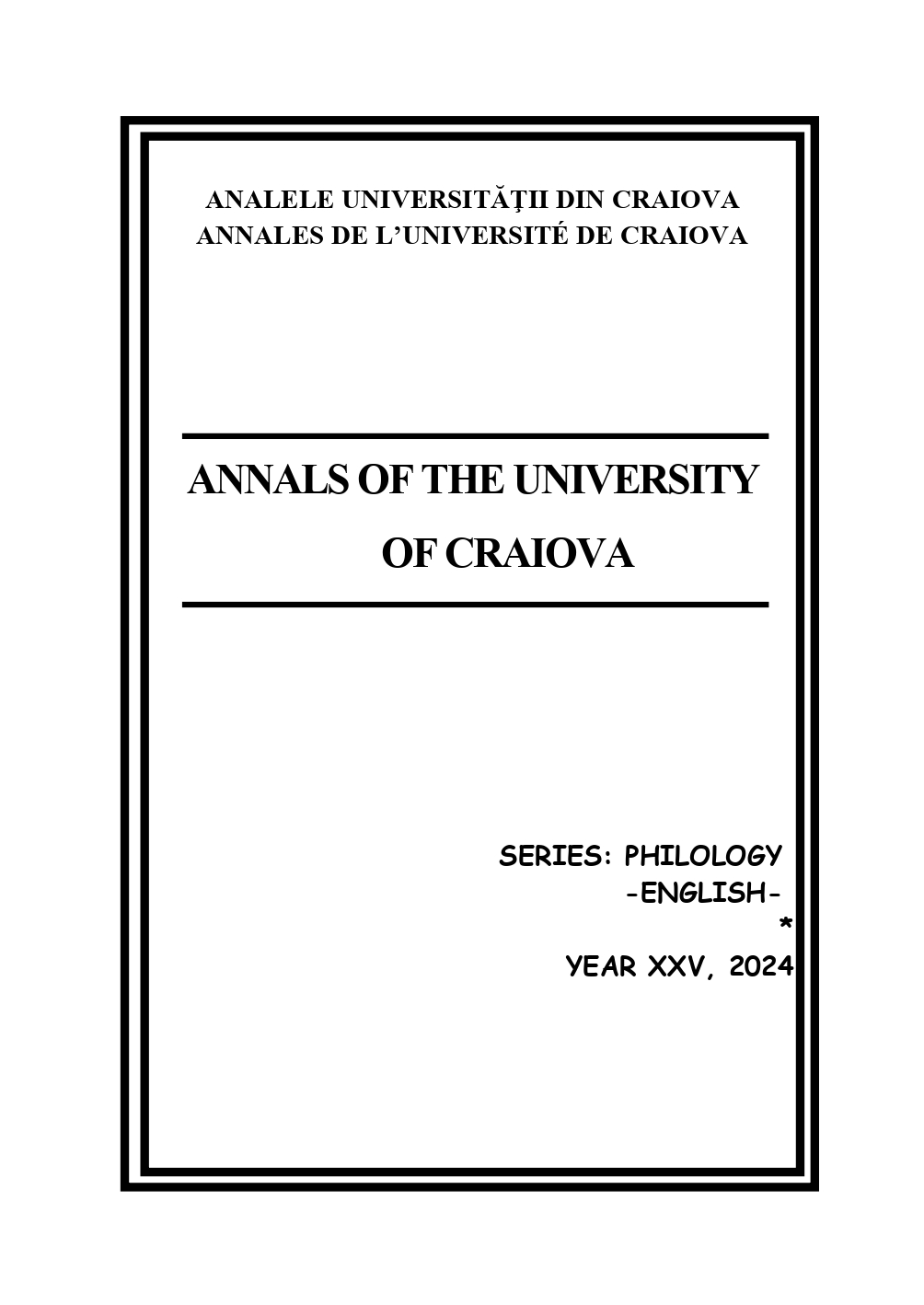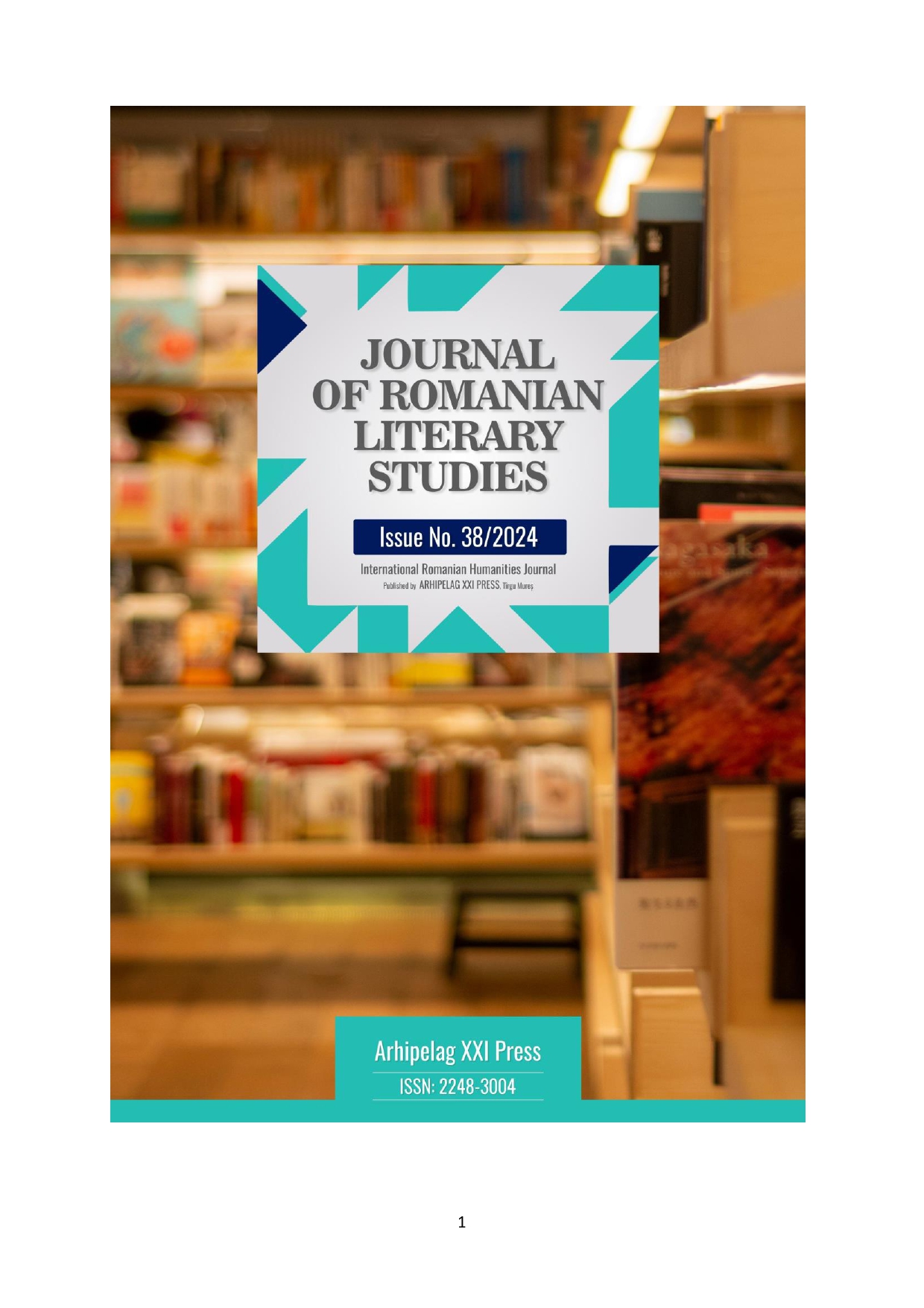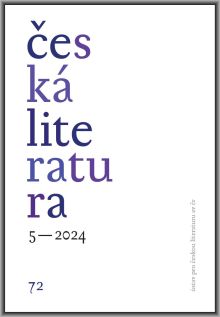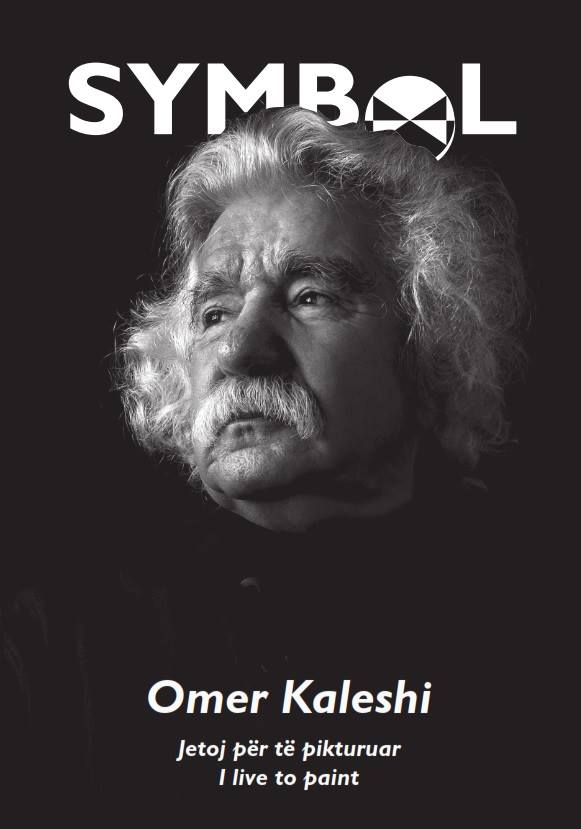
Budallai
Në skenë duket modeste tavolina e shkrimit të Leopoldo Paronit, drejtor i gazetës “Vedetta Repubblicana” të Kostanovas. Selia e gazetës është në të njëjtin vend ku banon Paroni, kreu i Partisë Republikane; dhe meqë Paroni i përbuz të gjitha komoditetet dhe (siç duket) edhe pastërtinë, rrëmujë dhe pisllëk kanë të gjitha mobiliet e vjetra dhe të lëna pas dore, gjithashtu edhe në tokë. Shihet tavolina e mbushur me letra të bëra pirg; karriget andej këndej, gjithashtu pirgje me libra dhe shkresa; gazeta kudo; rafti i librave, me librat të hedhura nëpër kuti lesh e li; një divan i vogël prej lëkure, me një jastëk krevati, i pistë, krejt i shqyer dhe me puplat që i dalin jashtë. Holli ndodhet në të majtë të aktorit.
More...
